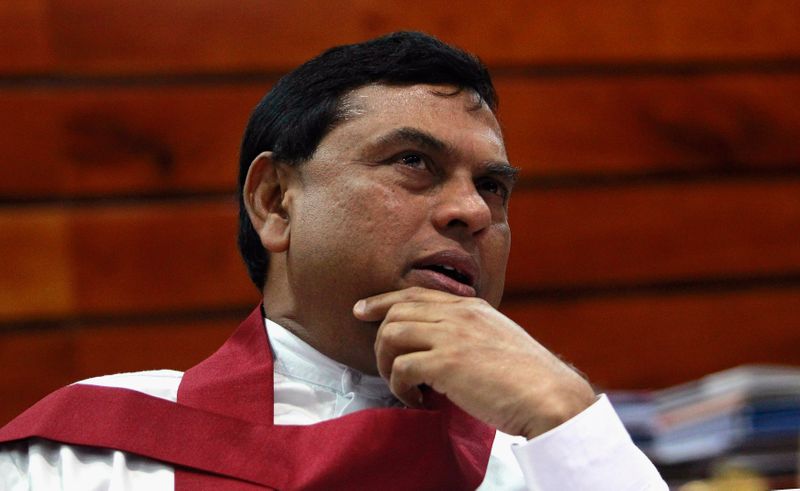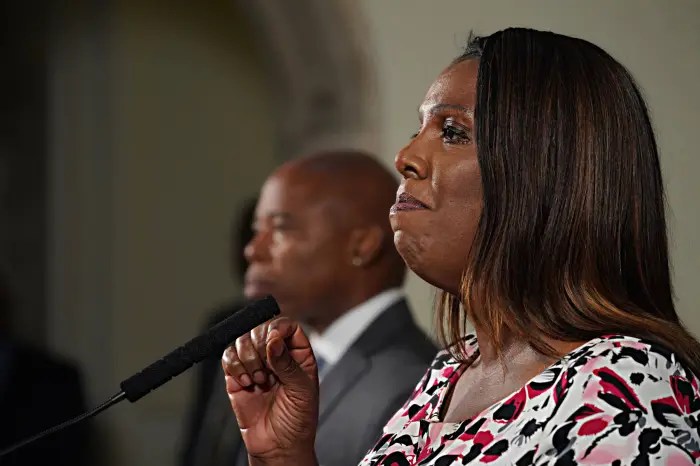COLOMBO (Reuters) -Sri Lanka is confident of not defaulting on its debts and will work on gradually improving the quality of its foreign exchange reserves, finance minister Basil Rajapaksa said on Saturday.
Rajapaksa said when presenting Sri Lanka’s 2022 budget on Friday that the government will cut its budget deficit to around 8.8% of gross domestic product in 2022. The deficit target for 2021 was revised to 11.1%.
“Sri Lanka has never defaulted in its history and that record will be maintained,” Rajapaksa told a briefing, a day after presenting the annual budget.
“Even part of our reserves are borrowed but we will improve the quality of reserves gradually from next year till 2024. By 2024, we are confident we will be able increase reserves and put debt on a sustainable footing,” he added.
The government did not provide an estimate for 2022 growth in its budget but at a forum on Saturday central bank governor Nivard Cabraal said growth is likely to improve in 2022.
“This year we are looking at 5% growth and if we have a good year in 2022 with tourism reaching a quarter of pre-2019 levels then we are well on course for 6% growth,” Cabraal said.
“This will mean our macroeconomic fundamentals will be in much better shape than now”.
CHALLENGING FUTURE
Debt repayment is one of the key challenges facing Sri Lanka with foreign exchange reserves having dropped to $2.27 billion as of end October.
Rajapaksa said remittances and tourism, which are the top two sources of dollar inflows, have both been affected by the COVID-19 pandemic and it has been tougher to attract investors.
“But we want to reduce borrowings. I guarantee that the $1.54 billion up to July 2022 will be repaid,” he added.
Treasury Secretary S. R. Attygalle said the budget is likely to bring in structural reforms to support and strengthen growth and improve Sri Lanka’s fiscal position.
He said the government has a revenue target of 15% of GDP by 2025 and that expenditure will be strictly managed.
“The revenue side is a challenge but with tourism bouncing back Sri Lanka will become comfortable in the next 12 to 18 months,” he added.
Analysts, however, are unsure if the announcements in the budget are enough to instil confidence in investors, ratings agencies and market participants.
“Overall, the budget is unlikely to help the economic situation significantly and does not give a strong indication of how it expects to meet its debt obligations going forward or how it expects to address the plummeting reserves,” said Trisha Peries, head of economic research at Frontier Research.
(Writing by Swati Bhat; Editing by Jacqueline Wong and Alexander Smith)






















